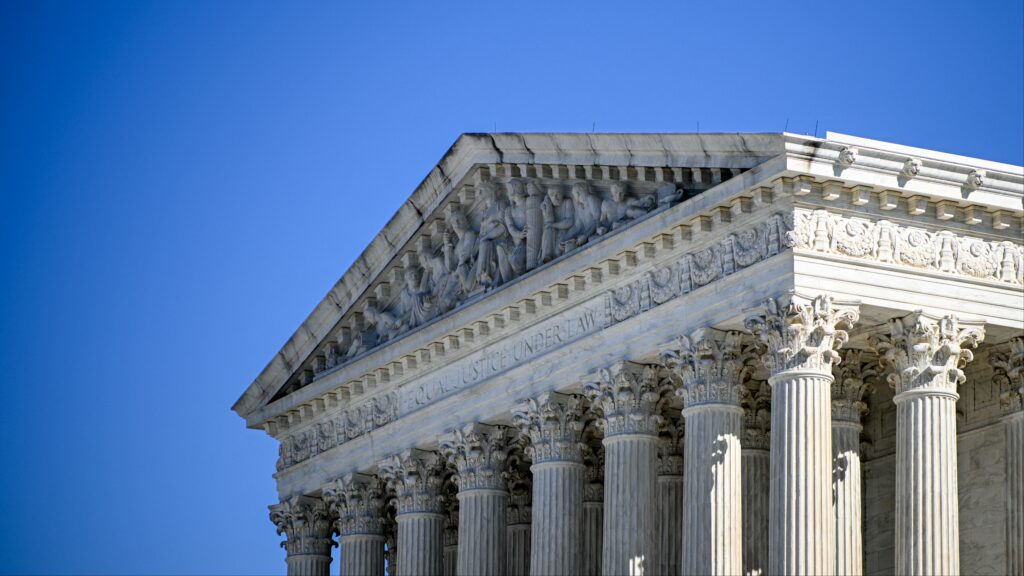As social media sites were flooded with misleading posts about vaccine safety, mask effectiveness, Covid-19’s origins and federal shutdowns, Biden officials urged platforms to pull down posts, delete accounts, and amplify correct information.
Now the Supreme Court could decide whether the government violated Americans’ First Amendment rights with those actions — and dictate a new era for what role, if any, officials can play in combating misinformation on social media.
The Supreme Court is set to hear arguments next month in a case that could have sweeping ramifications for federal health agencies’ communications in particular. Murthy v. Missouri alleges that federal officials coerced social media and search giants like Facebook, Twitter, YouTube, and Google to remove or downgrade posts that questioned vaccine safety, Covid’s origins, or shutdown measures. Biden lawyers argue that officials made requests but never forced companies.
Government defenders say that if the Court limits the government’s power, it could hamstring agencies scrambling to achieve higher vaccination rates and other critical public health initiatives. Critics argue that federal public health officials — already in the throes of national distrust and apathy — never should have tried to remove misleading posts in the first place.



There’s another prong to the issue though, and that’s “Does any communication from the government amount to coercion?” Remember that the first amendment protects speech from laws restricting it, but not necessarily requests that other viewpoints be elevated instead. I think the court will find in favor of the right because that’s who takes the justices on $1000/day vacations so the law doesn’t matter, but no one was ever forced to do anything in the case being heard here and that’s the main thrust of the Biden admin’s argument.